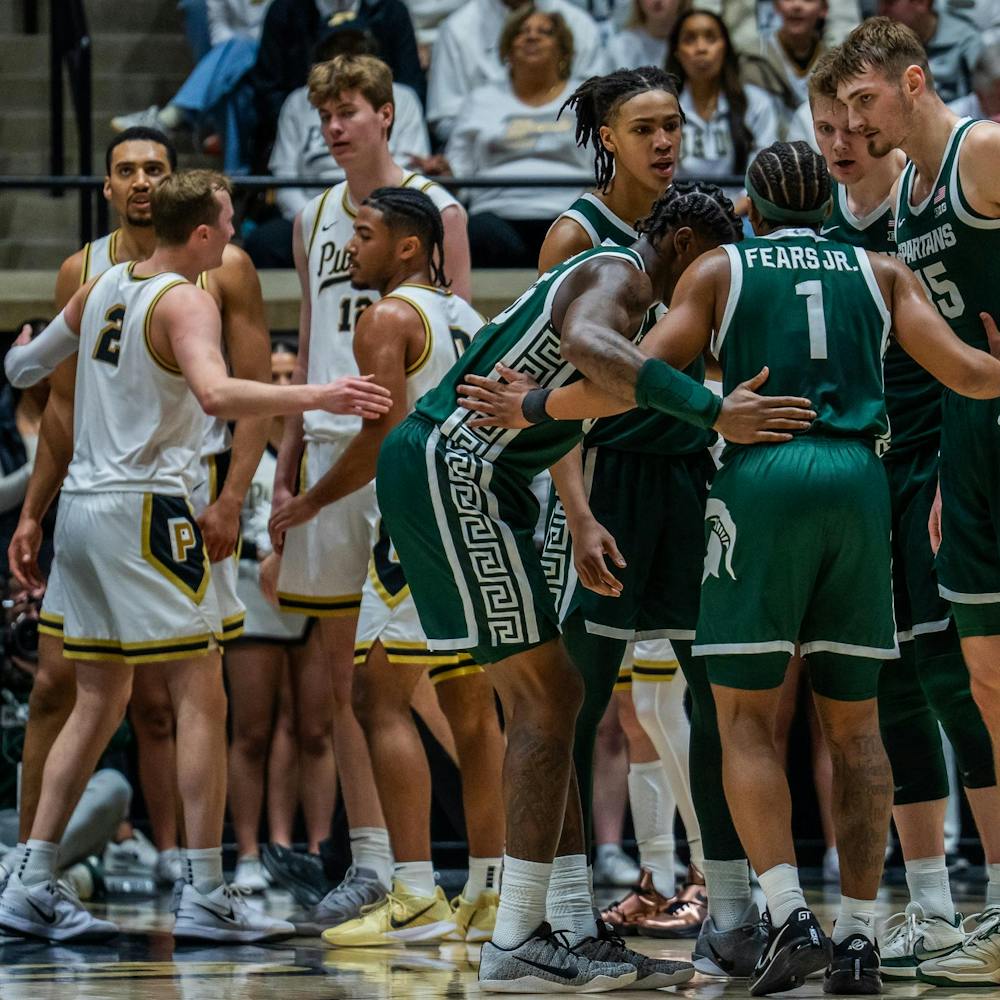The cost of a college internship — and how MSU measures internship credits — is under examination by an ASMSU committee after some representatives noted a disconnect in the amount students were paying in tuition for credit and the instructional time they received.
ASMSU is MSU’s undergraduate student government.
ASMSU Provost Zach Taylor said some internships, which are a requisite for some majors, require students to pay for credit hours at a higher relative cost than MSU pays to provide students with adequate resources during their internship.
The issue was discussed in an ASMSU Academic Assembly committee meeting last week, but a bill proposing changes was tabled until a specific recommendation could be made.
The bill will be re-examined at the next committee meeting on Feb. 16.
Taylor said a potential change would be to put a cap on the number of credits earned for internships.
But James Madison College Field Experience Director Grant Littke said any change that reduces credits for an internship would disadvantage students by requiring them to take more classes to graduate.
Students in the college are required to have 9 to 12 internship credits.
Internships in James Madison College are divided into classroom work and field work, which earns a student credits toward graduation, Littke said. If the number of credits was reduced, students would have to take additional credits in other areas, he said.
University curriculum administrator Joy Speas said the number of credits a student can earn for an internship is determined by each college, and there is no overarching university policy.
Taylor said the issue is something he wanted to bring to ASMSU after interning at a program through James Madison College last summer. Taylor said he assumed going into the internship he would earn about three credits, but it ended up being 12 credits.
Taylor said he spent less than three hours with his internship adviser during his internship.
Internships can be a more substantial investment in the long run depending on how much students choose to engage with the internship office and the resources they offer, Littke said.
No-preference freshman Stephanie Fox said she recognizes most majors do require internships.
But she said it doesn’t seem fair to require students to pay for credit hours for internships when they might be separate from MSU class time. Some advisers or employers at external internships provide quality feedback to students despite not being connected through an MSU internship program, she said.
“I don’t know the reasons why they make you pay for it,” she said.
Support student media!
Please consider donating to The State News and help fund the future of journalism.
Discussion
Share and discuss “ASMSU debates internship credit” on social media.







